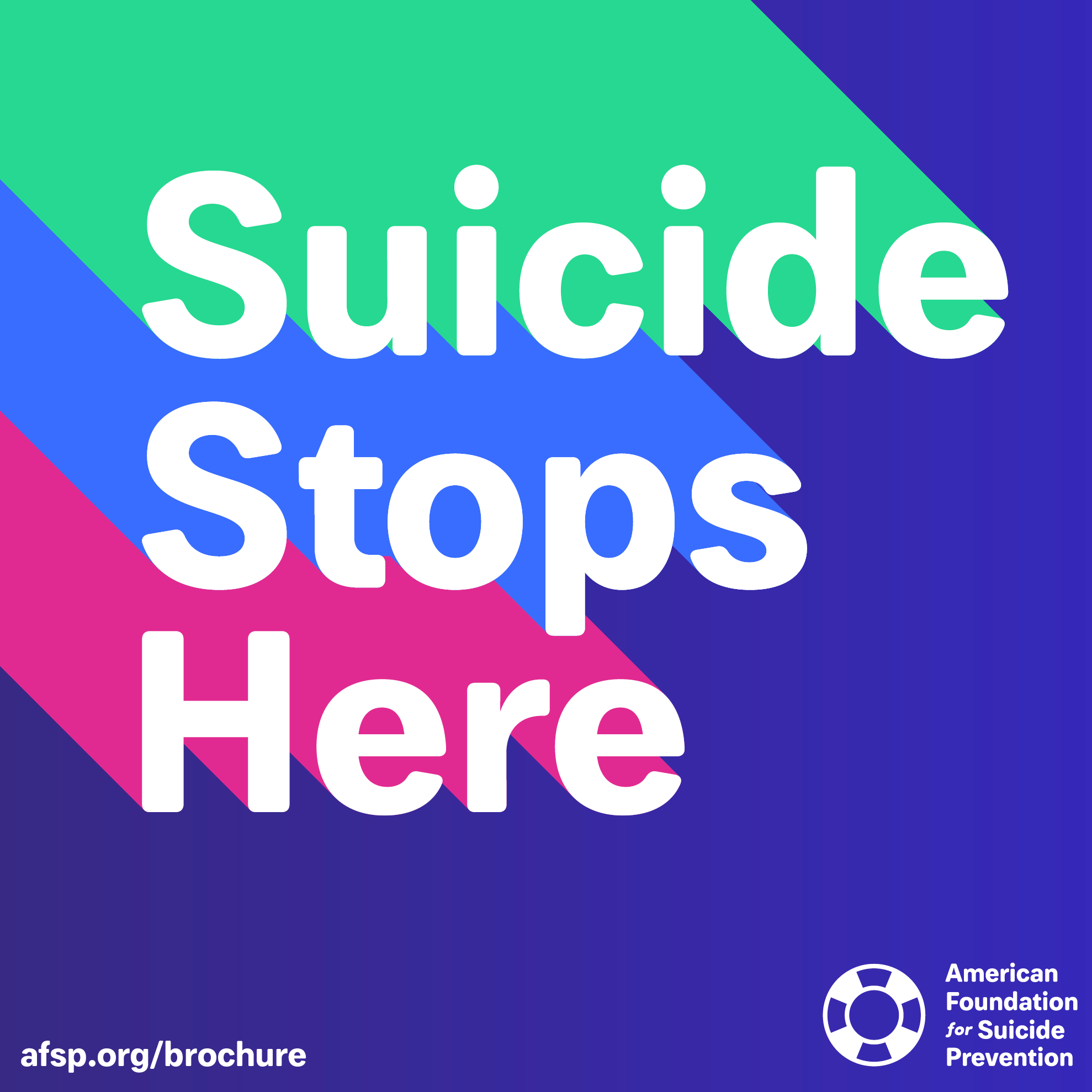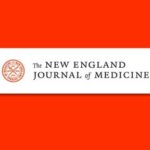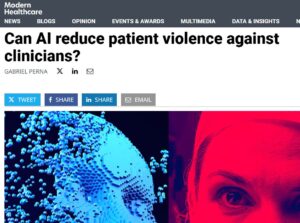
By Jacqueline Naeem, MD, PCCI’s Senior Medical Director
By Kimberly Roaten, PhD, CRC, Parkland Health & Hospital System’s Director of Quality for Safety, Education, and Implementation
The month of September is designated as Suicide Prevention and Awareness Month, offering an opportunity to bring awareness and support to mental health organizations and individuals in Dallas who are helping those in need. An initiative led by Parkland Health & Hospital System (PHHS) and Parkland Center for Clinical Innovation (PCCI) reveals important information about suicide risk among Dallas residents.
While national and international efforts to prevent suicide are ongoing, the problem continues to grow. Over the last decade, healthcare systems have seen a rise in the number of individuals with psychiatric needs and suicide risk. As outlined by the American Foundation for Suicide Prevention (AFSP), suicide and suicide attempts continue to plague the healthcare sector:
- Suicide is the 10th leading cause of death in the US
- On average there are 130 suicides per day
- In the US there were an estimated 1.38M suicide attempts in a single year

Many individuals who die by suicide have had contact with a healthcare provider in the weeks and months prior to death, but often this contact is with primary care or emergency medicine providers who may not identify the risk. With the aim of stemming this problem, PHHS implemented a proactive suicide risk identification and prevention program in 2015 which includes screening all patients ages 10 and older for suicide risk regardless of their presenting problems. Approximately 40,000 screenings are completed per month and over 4 million screenings overall. The Universal Suicide Screening Program at PHHS is an example of how meet and exceed The Joint Commission National Patient Safety Goal 15.01.01, targeting suicide risk and has yielded important data about the prevalence of risk in healthcare settings.
Through collaboration with Parkland Clinical Leadership, PCCI has applied data analytics to understand insights from Suicide Screening Program data, which can be used to identify opportunities to improve the current care pathway. Identification of previously undetected suicide risk leads to timely assessment by a health care provider and connection to appropriate services and resources.
Importantly, analysis of data from the program revealed that 2.3% of individuals who have an encounter for a non-psychiatric complaint endorse suicide risk factors (2,735 pediatric patients and 65,000 adults), underscoring the importance of proactive screening and assessment in all patient populations. Patients who are at risk are assessed, provided with brief evidence-based interventions, and then referred for appropriate ongoing care.
Parkland and PCCI are identifying important ways to prevent suicide and self-directed, but everyone can work together to prevent suicide. Knowing the warning signs and how to find help are two important steps in addressing this critical issue. National Suicide Prevention Month is a wonderful way to raise awareness and improve advocacy. If you are someone you know is struggling with suicidal thoughts or suffering and in need of support, there are excellent resources in North Texas including AFSP’s North Texas Chapter. Our collective efforts can help those at risk.
(Are you in Crisis? Call 800-273-8255 or text HOME to 741741.)






